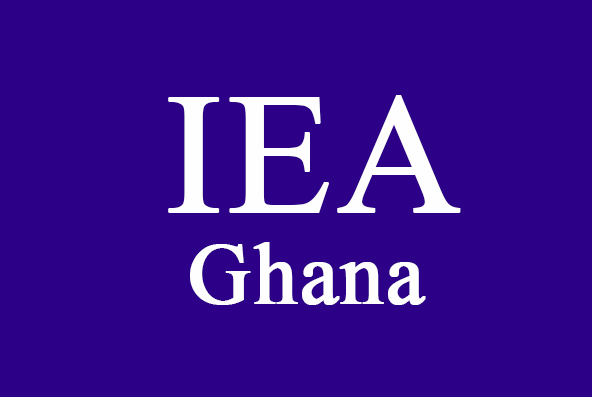The Institute of Economic Affairs (IEA) is calling for the scaling down of the number of ministers from 84 to 40.
According to its Director of Research, Dr. John Kwakye, the current number of ministers has not had any positive impact on governance, but rather burdened the taxpayer.
He, therefore, wants the 2023 budget to merge some of the ministries to ease the burden on capital expenditure.
Speaking at a pre-budget media engagement in Accra, he said the number of Ministries must be drastically reduced to 12, whilst the Sector and Regional Ministers must be cut to 40.
The 2023 Budget is expected to adopt tight budget spending.
The IEA therefore, proposed a reduction in the ceiling on the fiscal deficit from the current 5% to 3%, applicable from 2024, to foster fiscal and debt sustainability, amendment of the Fiscal Responsibility Act (FRA) to require that borrowing is used exclusively to fund CAPEX, borrowing and debt ceilings in the FRA to foster debt sustainability and the establishing of a Parliamentary Budget Office (PBO) to assist Parliament in exercising its budget oversight mandate.
Other suggestions include reviewing the mining tax regimes to increase benefits to Ghana, reduce petroleum taxes/levies to ease pump prices and indicating a plan to review and rationalise flagship programmes to make them fit-for-purpose and reduce budgetary costs.
Others are the allocation of adequate resources to capital expenditure (at least 5-7% of Gross Domestic Product in 2023) to spur growth, increase resource allocation to the important agriculture, industry, energy and infrastructure sectors to boost growth and job creation.
Furthermore, the IEA also said the financial solution must involve prudent monetary and fiscal policies that prevent destabilising demand pressures.
“To this end, fiscal and monetary policy must both be hedged within strict rules since too much discretion has been abused with serious consequences”.
These include enforcing the ceiling of 5% of previous year’s revenue on Bank of Ghana’s lending to government and reducing the ceiling on the fiduciary currency issue, that is the portion not backed by forex but backed by government debt, progressively from the current level of 60% to 20% by 2024.
This will simultaneously raise the current 40% floor for the forex cover to 80% over the period.
Latest Stories
-
Expansion Drive: Takoradi Technical University increases faculties
1 minute -
SHS heads demand payment of outstanding funds before reopening of schools
37 minutes -
We thank God for the 2024 general elections – Akufo-Addo
51 minutes -
Coconut Grove Beach Resort marks 30 years of excellence with memorable 9 lessons & carols service
1 hour -
WAFU B U-17 Girls’ Cup: Black Maidens beat Nigeria on penalties to win inaugral tournament
2 hours -
Real Madrid beat Sevilla to keep pressure on leaders Atletico
3 hours -
Liverpool put six past Spurs to go four points clear
3 hours -
Manchester United lose 3-0 at home to Bournemouth yet again
3 hours -
CHAN 2024Q: ‘It’s still an open game’ – Didi on Ghana’s draw with Nigeria
3 hours -
CHAN 2024Q: Ghana’s Black Galaxies held by Nigeria in first-leg tie
4 hours -
Dr Nduom hopeful defunct GN bank will be restored under Mahama administration
5 hours -
Bridget Bonnie celebrates NDC Victory, champions hope for women and youth
5 hours -
Shamima Muslim urges youth to lead Ghana’s renewal at 18Plus4NDC anniversary
6 hours -
Akufo-Addo condemns post-election violence, blames NDC
6 hours -
DAMC, Free Food Company, to distribute 10,000 packs of food to street kids
7 hours

